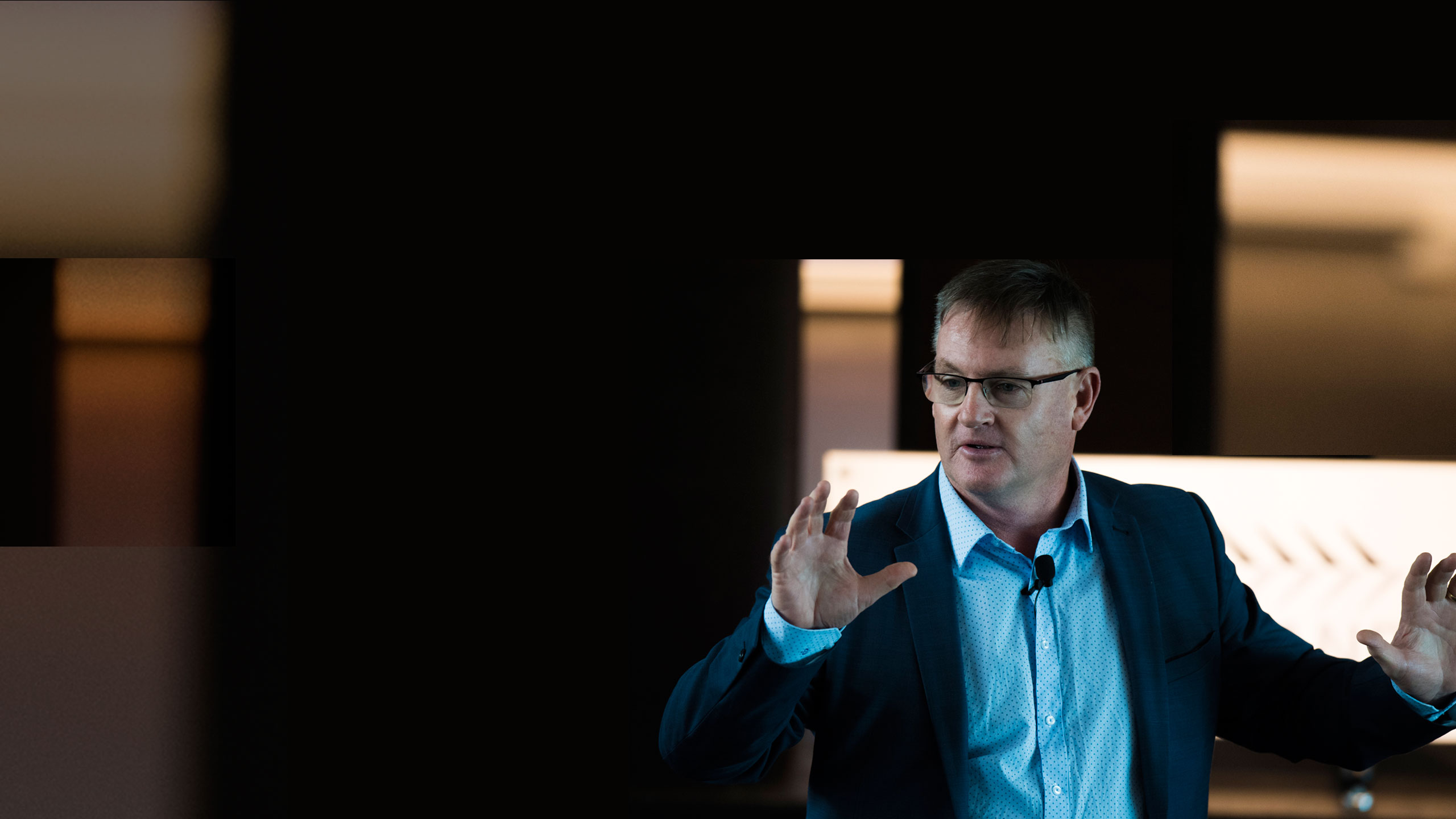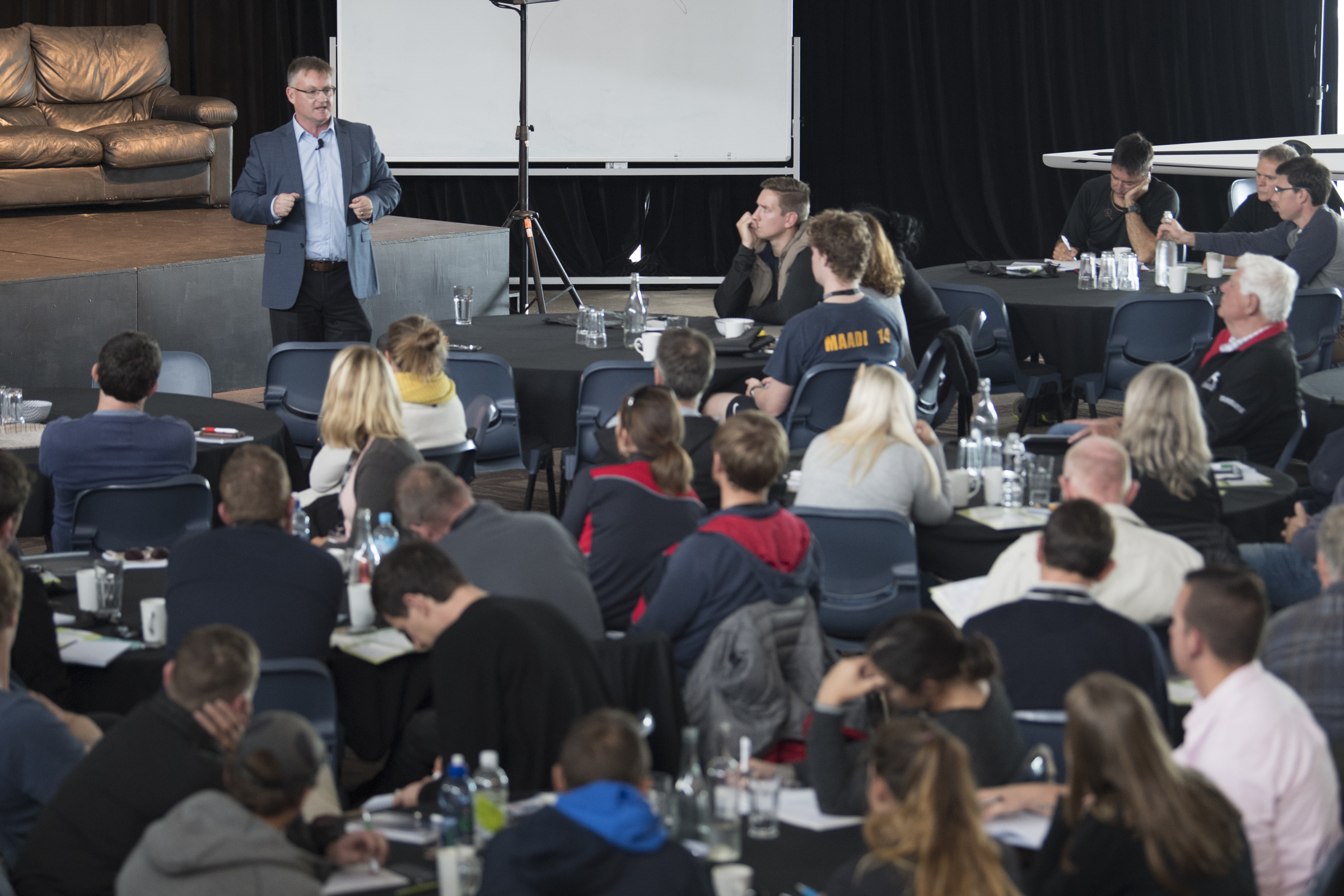How to Spot a Terrible Coach: Sports Thoughts Video Series 1 No 3

How to Spot a Terrible Coach.
By Wayne Goldsmith
It’s easy to spot a good coach – energy, passion, enthusiasm, dedication, connection with their athletes, knowledge…and it’s just as easy to identify a terrible coach.
- Terrible coaches “Tell and Yell” – they don’t listen to their athletes or learn from them. They stand at the end of the pool or on the side of the court or in the bleachers – drinking coffee or talking on their phones or talking with other people instead of focusing on helping every athlete in their program be all they can be. They yell times, they tell athletes about technique and skills – but they don’t connect with athletes – they don’t work with them – they don’t empower athletes to take ownership or responsibility for their own workouts. Instead of looking for opportunities to help athletes improve, they stand on the side-lines yelling instructions and telling athletes what they’re doing wrong.
- Terrible coaches impose their motivation on their athletes – rather than listening to them and taking time to understand the motivation of the athletes. They enforce training standards and workout limits rather than partnering with the athletes and showing them how to unleash their limitless potential. They assume every athlete wants the same thing that they – the coach – wants and as a result expects every athlete to do things the coach’s way. They don’t care why the athlete is training – they only care how they can they can push and drive and force the athlete to do what they want them to do so they can further their own coaching reputations.
- Terrible coaches talk in absolutes – they speak in terms of “always” and “never” and “musts” instead of creating, innovating and developing new and effective ways of helping athletes to achieve remarkable things. They set up “fake-rules” like ALL 10 year olds MUST do ABC sessions a week or EVERY athlete MUST do XYZ training if they are going to succeed. They don’t look to create new and exciting ways of coaching or to develop innovative and interesting ways to inspire young athletes to do extraordinary things. They don’t look to develop plans and programs designed to help each and every individual athlete in their teams be the best they can be. They simply apply one set of rigid rules to all athletes of all ages and any failure to comply with these rules results in negative consequences.
So Can A Terrible Coach Change?
Terrible coaches are everywhere….unfortunately.
But they can change.
Even the most terrible coaches can become a outstanding coaches – if they remember the three key coaching concepts:
- Listen – to your swimmers. Take time to understand them and what’s motivating them to train and compete.
- Learn – be uncompromisingly committed to learning, to change, to improvement, to getting better at coaching.
- Love – love what you do – do what you love – and express that love through every aspect of your coaching – everyday.
Wayne Goldsmith



0 Comments